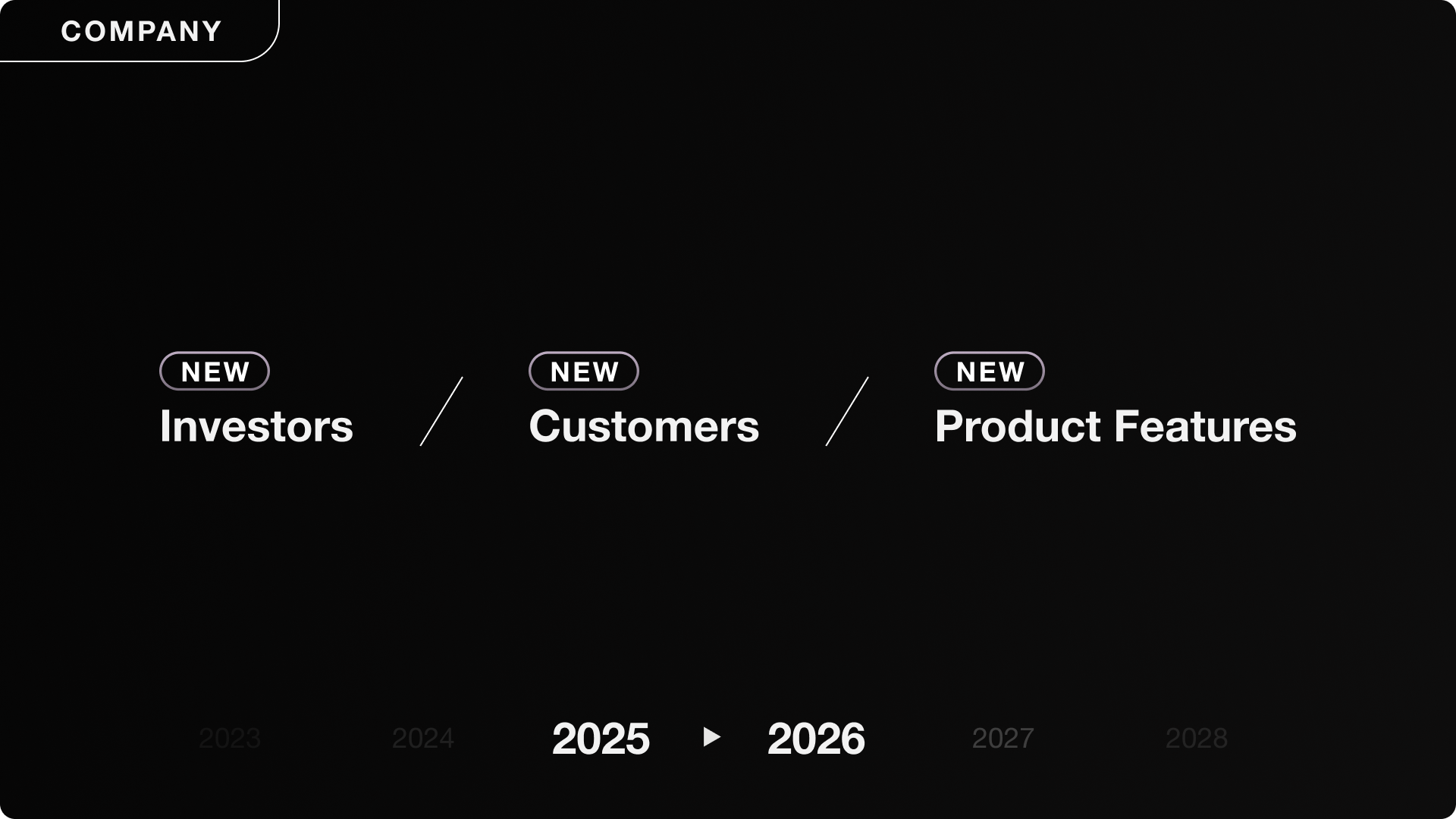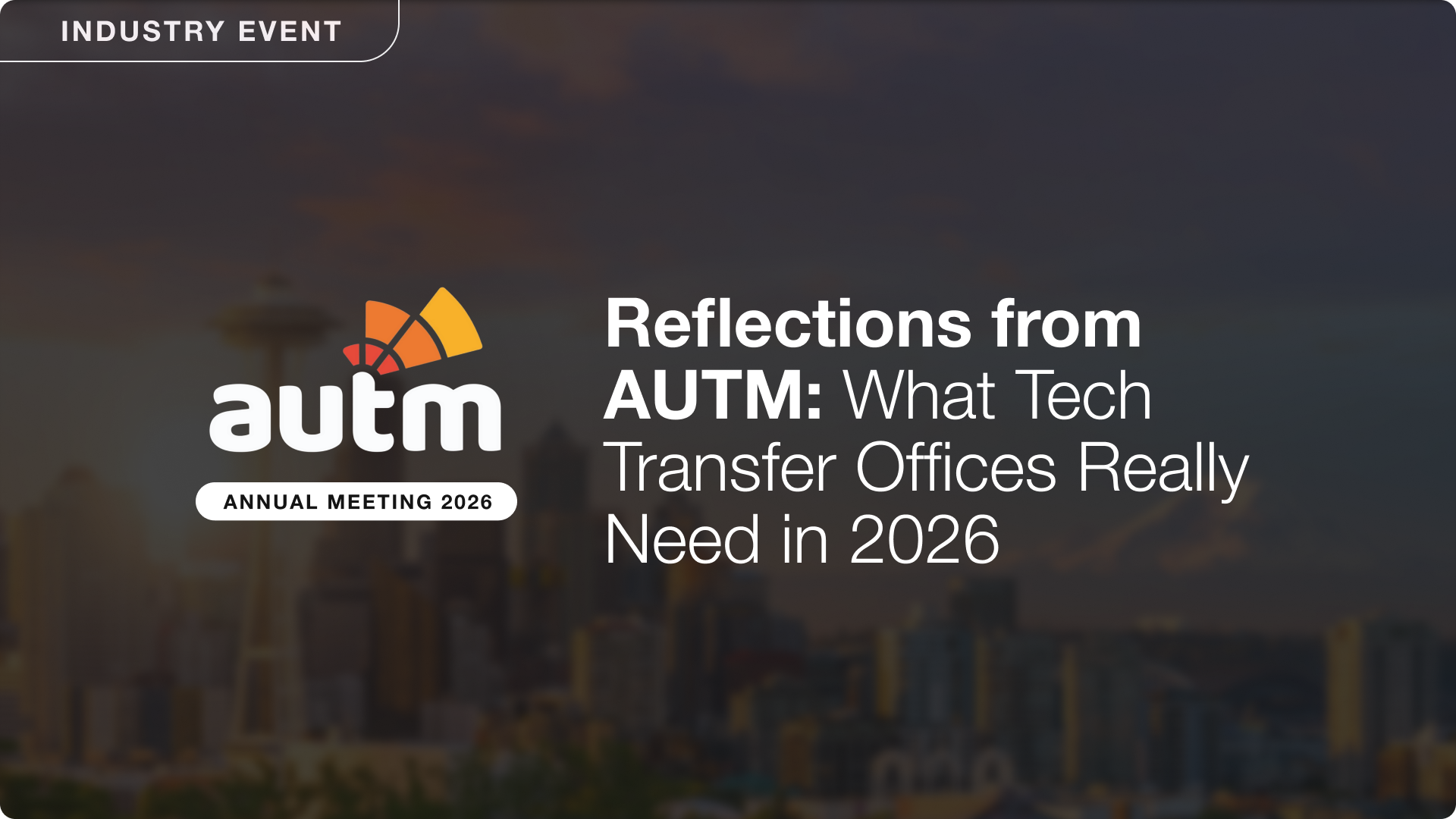USPTO’s Guidance on the Use of Artificial Intelligence
As Artificial Intelligence (AI) and large language models (LLMs) increasingly integrate into legal practices, the U.S. Patent and Trademark Office (USPTO) issued new guidance to assist patent attorneys and the public with its adoption, including the adoption of patent software and AI tools in assisting intellectual property attorneys with the patent drafting process, patent prosecution, and other areas of patent law.
Below are some key takeaways from the USPTO’s guidance, the entirety of which can be found here.
- The USPTO’s existing rules are sufficient to protect against any potential concerns with the use of generative AI tools in preparing patent drafts for filing at the USPTO.
- There is no prohibition against using AI in drafting documents, including patent applications, for submission to the USPTO and there is no general obligation to disclose when AI tools have been used.
- The USPTO also provided some reminders of current obligations for practitioners using AI in patent application drafting, which are highlighted below.
Signatory and Review Requirements
When submitting documents to the USPTO, whether drafted with AI or not, all submissions must be signed and reviewed by the party responsible, ensuring the accuracy and verification of all information. Therefore, in its guidance, the USPTO emphasized that a signing party must still review the contents of any document filed before the USPTO for accuracy, and in the specific case of patent claims, that each claim has significant contribution by a human inventor.
Duty of Disclosure Requirements
The USPTO also provided a reminder about the duty to disclose to the USPTO all information known to an individual to be material to patentability. Therefore, similar to all other patentability and duty of disclosure requirements, if the use of AI is material to patentability, the use of AI must be disclosed to the USPTO. With that said, there’s still no general obligation to disclose when AI tools have been used.
Inventorship Considerations
The USPTO recognized that AI can be used during the patent drafting process to draft or modify claims and claim language, and noted that such modifications could impact inventorship, as well as patentability. Therefore, although there is no general obligation to disclose when AI has been used, the USPTO provided the reminder that each named inventor must have significantly contributed to the claimed invention and practitioners should still continue to properly assess inventorship when using AI during the patent claim drafting process.
Conclusion
The guidance provided by the U.S. Patent Office provides helpful information and considerations for the public on the use of AI for patent application drafting and prosecution. Here, at Solve Intelligence™, we are building the first AI-powered platform to assist with every aspect of the patenting process, including our Patent Copilot™, which assists with patent drafting, and future technology focused on patent filing, patent prosecution and office action analysis, patent portfolio strategy and management, and patent infringement analyses. At each stage, however, our Patent Copilot™ works with the patent professional and we have designed our products to keep patent professionals in the driving seat, thereby equipping legal professionals, law firms, companies, and inventors with the tools to help develop the full scope of protection for their inventions. We will continue to develop our products in view of these guidelines and any future guidance provided by patent offices around the world.
AI for patents.
Be 50%+ more productive. Join thousands of legal professionals around the World using Solve’s Patent Copilot™ for drafting, prosecution, invention harvesting, and more.





